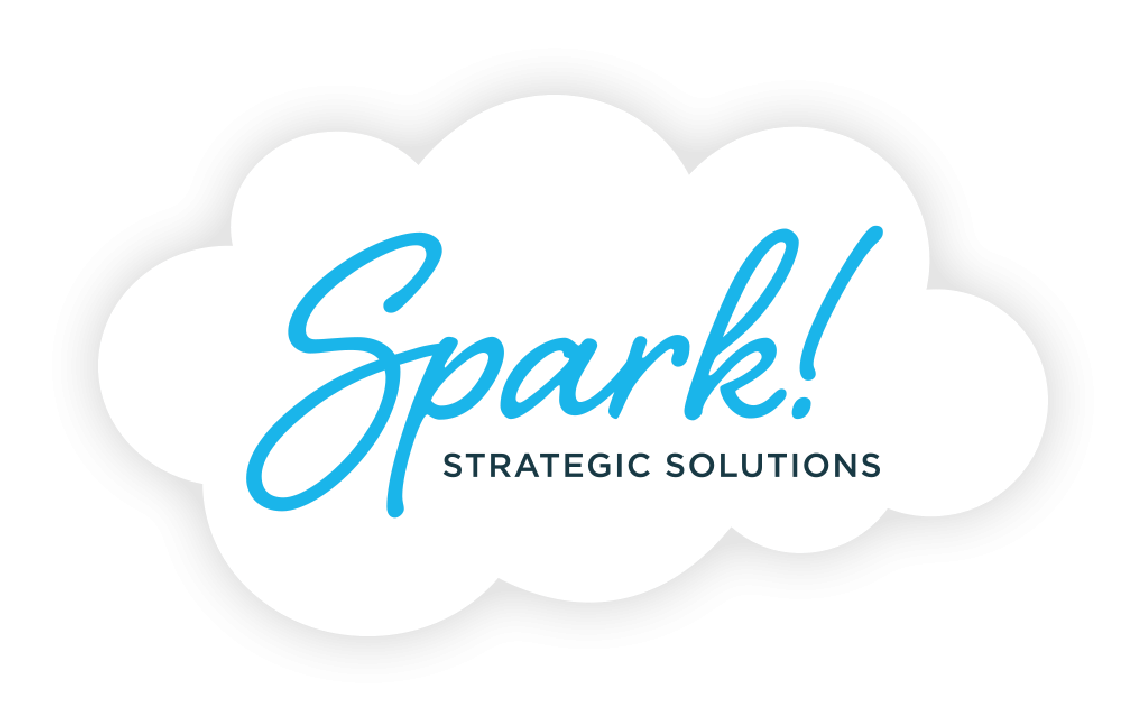
Delegation is a key aspect of effective leadership, but let's be real—delegating can be a daunting task. You want to make sure the job is done right, but you also want to empower your team and give them the chance to grow, even if you think you could do it faster yourself. So, how can you delegate effectively? Here are some best practices and tips to make delegation a breeze.
Before you delegate effectively, you need to
know the unique strengths and blind spots of your team members. Understanding their skill sets will help you identify who is best suited for each task. Take some time to get to know your team members and what motivates them, and the results will speak for themselves.
Communication is key when delegating tasks. Be clear about what you expect and what the desired outcome is. Whether it’s deadlines, quality, regular status updates, give your team members all the information they need to complete the task successfully. Don't be afraid to ask questions to ensure that everyone is on the same page.
When delegating tasks, make sure that you set realistic expectations. Overloading your team with too many tasks and too little time could overwhelm them and lead to burnout. Set deadlines that are achievable and provide enough time for your team members to do their best work.
When your team members complete a delegated task, provide feedback. Acknowledge their efforts and let them know what they did well. Be constructive in your feedback and offer suggestions for improvement. This will help your team members learn and grow, and will also build trust between you and your team.
Delegating tasks is not just about getting the job done. It's also about empowering your team and giving them the chance to grow. Everyone’s
brain works differently, so try giving your team members the autonomy to complete the task in their own way, which will help them develop their problem-solving and decision-making skills.
When you delegate tasks to team members, you are conveying trust and confidence in their abilities. This will inspire team members to work together, creating a cohesive environment where everyone is working towards the same goal. Ultimately, effective delegation leads to a more productive and motivated team, and reinforces the Human-Centered YOUnity™ values of respect, empathy, and collaboration.
Empty space, drag to resize



